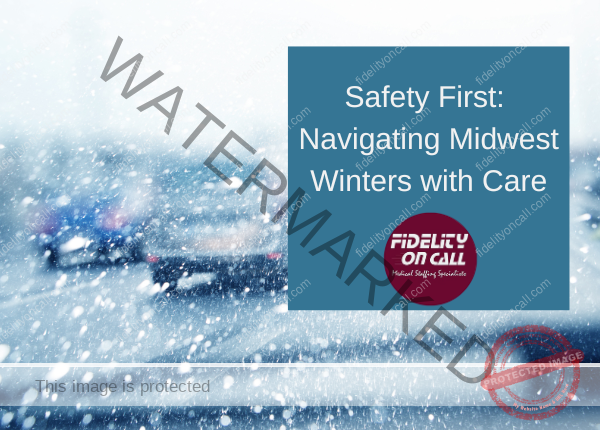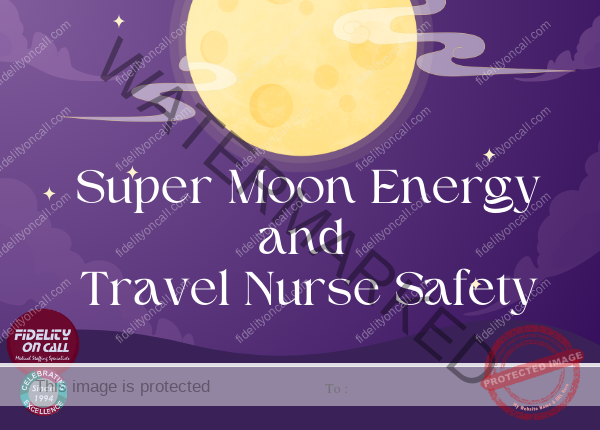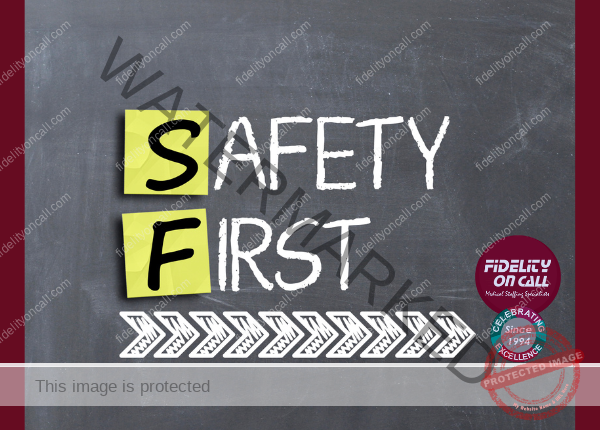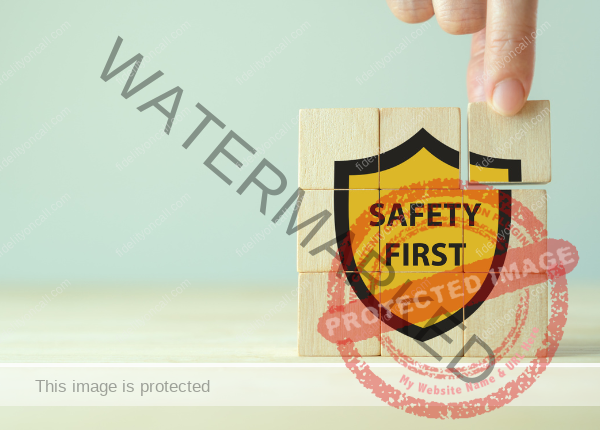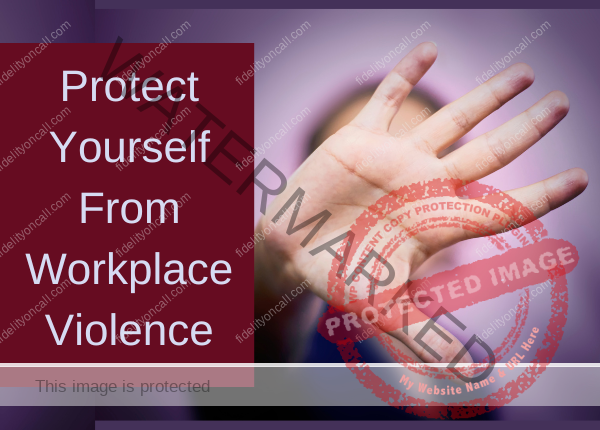At Fidelity On Call, the safety and well-being of our team are always our top priorities. As anyone familiar with the Midwest knows, the weather here can be incredibly unpredictable.
It’s not uncommon to start your day with a crisp, clear morning and end it in the middle of a surprise snowstorm. January will likely be no exception. This season brings unique challenges, but with a little preparation, we can face whatever Mother Nature has in store.
Here are a few reminders to help our travel nurses stay safe this winter:
- Stay informed. Check the weather forecast before heading to bed, no matter your schedule. Preparing ahead ensures you’re ready to tackle the day’s conditions, no matter how unpredictable they might be.
- Give yourself extra time. Even with the most accurate forecasts, the Midwest can still surprise us. Set your alarm a little earlier to assess the weather and prepare for your commute without added stress.
- Take it slow. Whether you’re navigating icy roads or walking across a slippery parking lot, rushing increases the risk of accidents. Prioritize safety over speed—it’s always worth it.
- Trust your instincts. Pay attention to your body and those small inner cues. If something feels off or needs attention, don’t ignore it. Maintaining your routine and addressing concerns early helps you stay focused, healthy, and ready for what lies ahead.
By staying vigilant and proactive, we can all get through the challenges of winter safely and confidently. Thank you for everything you do and remember—your well-being is just as important as the incredible care you provide to others. Stay safe, stay warm, and let’s conquer this season together!

